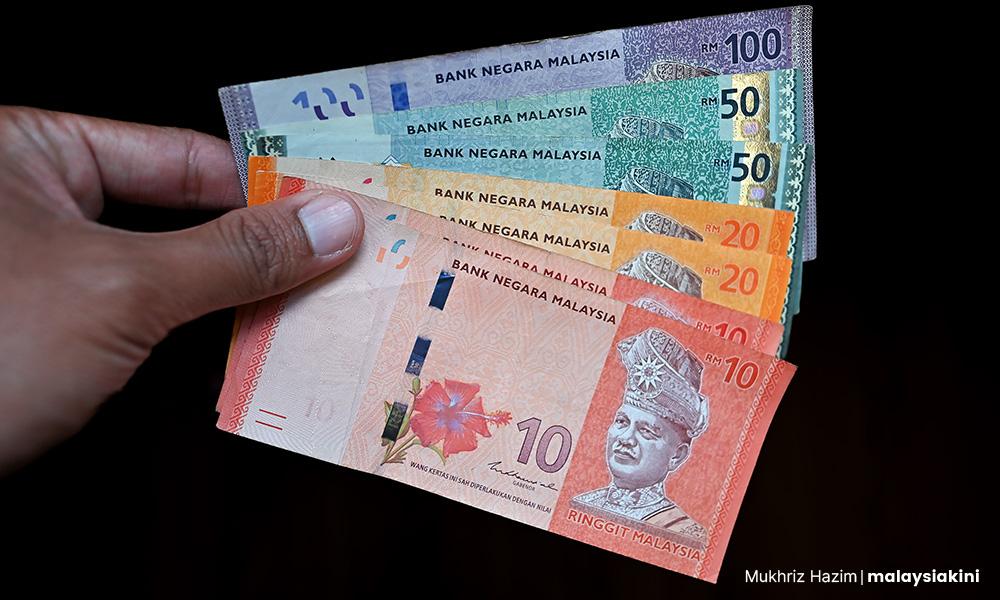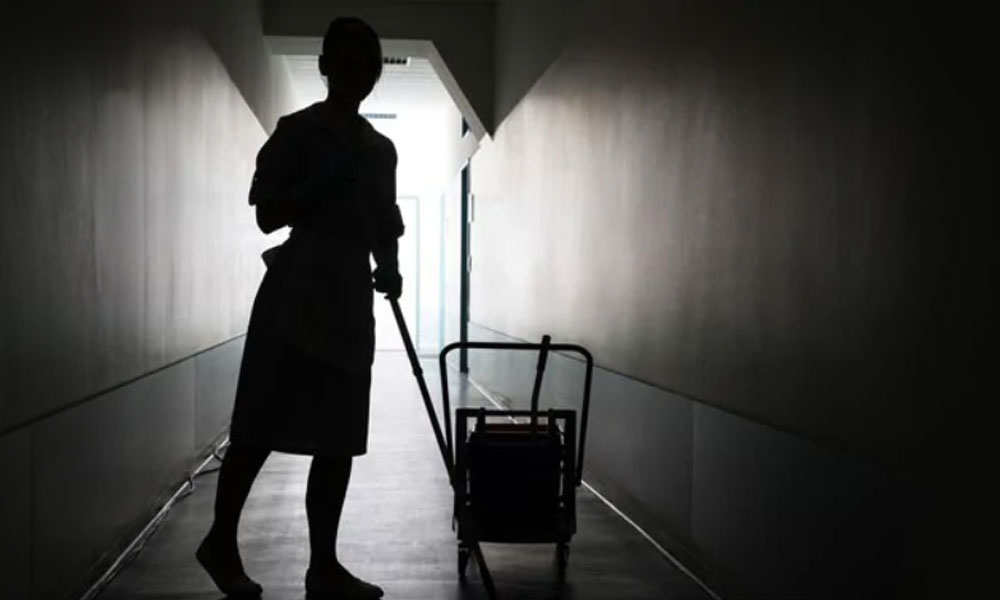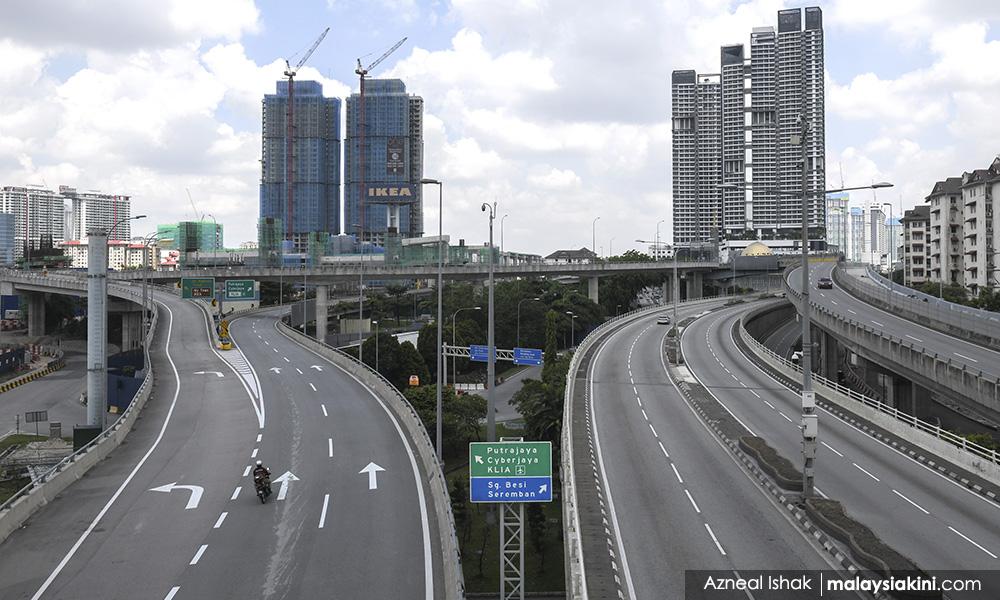“There are no plans to impose a mandatory RM1,500 minimum wage order for now following the adoption of a more progressive wage approach.”
- Economy Minister Rafizi Ramli
If there is no mandatory minimum wage, the workers will suffer and be bullied because there has been no precedent of employers voluntarily raising the wages before.
Evading and protesting every time the minimum wage is introduced is a norm for employers and the Malaysian Employers Federation. People like Economy Ministry Rafizi Ramli who don’t earn a minimum wage will not understand this.
Millions of workers rely heavily on the minimum wage. Only two percent of workers come under Union Collective Agreement, leaving 98 percent of low-medium earning workers vulnerable.
Unlike the employers, we are alarmed and worried about the progressive wage policy. What will happen to the mandatory minimum wage?

The progressive wage policy that Rafizi is so gung ho about is voluntary and not mandatory. No wonder employers are happy. Even getting employers to enforce the mandatory minimum wage is difficult and always delayed.
Rafizi keeps talking about Singapore. Even in Singapore, the progressive wage policy is only currently implemented in the cleaning, security, landscape, lift and escalator, and retail sectors.
How can Rafizi replicate the same here?
For example, 150,000 cleaners in government schools and hospitals only rely on a minimum wage of RM1,500. They are paid by contractors who are changed every three years. So which employer is going to voluntarily increase wages when their tenure is only limited to three years?

According to the Health Ministry’s website, there’s a total of 15 state health departments and 167 district health offices managing 145 government hospitals, 2,838 government health clinics, 196 community clinics and 668 government dental clinics.
There are also around 10,000 government schools. So, how is the new policy going to be implemented here for the cleaners and security guards when they don’t have permanent employers?
Private sector
Similarly, for the private sector, will employers now revert to a permanent employment structure and job security, or will they focus on short-term fixed contracts to evade wage increments? Only very few workers in the current structure are permanent.
Another issue is that the new policy is focused on workers earning less than RM5,000 and workers must also prove that their productivity has increased.
When productivity drops, why are only the lowest-paid workers punished? What about those earning the top salaries? We have never heard them take responsibility and take a lower salary.

Therefore, employers can easily blame workers for low productivity when the risk of any business should be borne by the employers and the bosses.
If the Madani concept is to help the lower income group and tax the super-rich, the progressive wage policy seems to ensure no minimum wage while wage increase is voluntary to the absolute discretion and pleasure of the bosses.
Malaysia's economy is also one-third controlled by GLCs. Will these GLCs first increase wages in accordance with the new policy?
So Rafizi, please don’t kill the minimum wage policy which is something that workers fought very hard for. It’s a minimum safeguard.
The progressive wage policy, if implemented, should be anything above a National Minimum Wage reviewed every two years.
Don’t replace the minimum wage policy, just enhance it. - Mkini
S ARUTCHELVAN is PSM deputy chairperson.
The views expressed here are those of the author/contributor and do not necessarily represent the views of MMKtT.




No comments:
Post a Comment
Note: Only a member of this blog may post a comment.